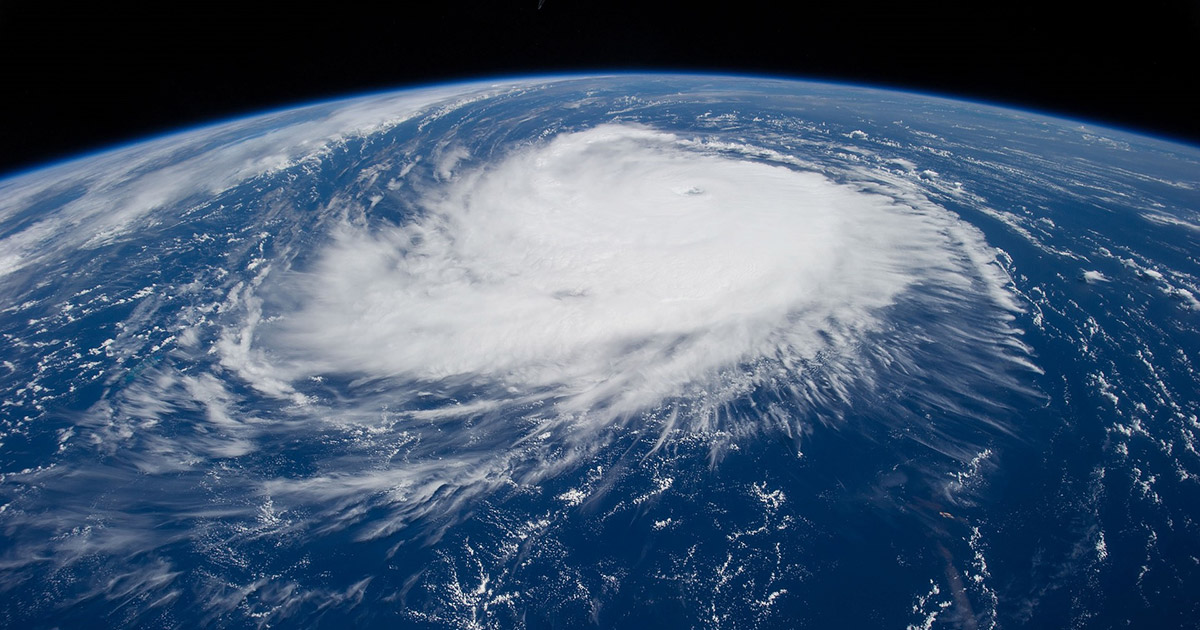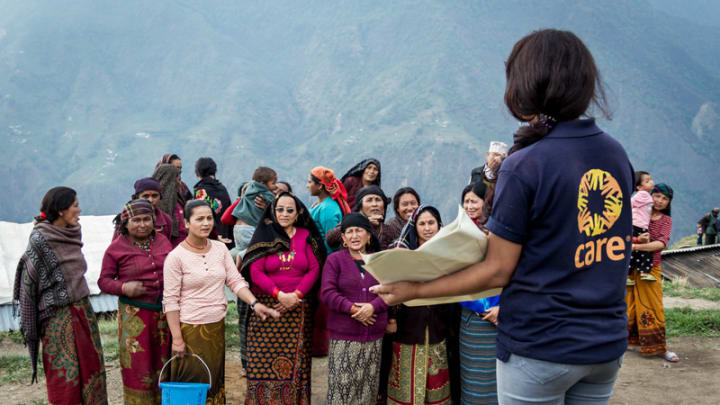Dominican Republic welcomes the Regional Summit for Exchanging Innovative Experiences and Lessons Learned Regarding Disaster Risk Reduction
 The Regional Summit for Exchanging Innovative Experiences and Lessons Learned Regarding Disaster Risk Reduction will be taking place on April 5th-6th, in Juan Dolio, Dominican Republic.
The Regional Summit for Exchanging Innovative Experiences and Lessons Learned Regarding Disaster Risk Reduction will be taking place on April 5th-6th, in Juan Dolio, Dominican Republic.
The coordination of this event is carried out by the National Emergency Commission through the Program for Strengthening the Organizational-Functional Structures of Disaster Risk Management in the Dominican Republic, funded by the European Union.
This summit edition, based on the “Exchange of Lessons Learned after the impact of Hurricanes Irma and María”, will help to identify and share experiences, good practices and relevant challenges at regional, national and local levels. With this, the Dominican State reinforces its commitment on promoting measures to strengthen disaster reduction management, reduce the impact of natural events and increase resilience.... Read more
 The Regional Summit for Exchanging Innovative Experiences and Lessons Learned Regarding Disaster Risk Reduction will be taking place on April 5th-6th, in Juan Dolio, Dominican Republic.
The Regional Summit for Exchanging Innovative Experiences and Lessons Learned Regarding Disaster Risk Reduction will be taking place on April 5th-6th, in Juan Dolio, Dominican Republic.The coordination of this event is carried out by the National Emergency Commission through the Program for Strengthening the Organizational-Functional Structures of Disaster Risk Management in the Dominican Republic, funded by the European Union.
This summit edition, based on the “Exchange of Lessons Learned after the impact of Hurricanes Irma and María”, will help to identify and share experiences, good practices and relevant challenges at regional, national and local levels. With this, the Dominican State reinforces its commitment on promoting measures to strengthen disaster reduction management, reduce the impact of natural events and increase resilience.... Read more
Interesting Facts
Colorado State University hurricane researchers predict a slightly above-average Atlantic hurricane season in 2018
 The CSU Tropical Meteorology Project team is predicting 14 named storms during the Atlantic hurricane season, which runs from June 1 to Nov. 30. Of those, researchers expect seven to become hurricanes and three to reach major hurricane strength (Saffir/Simpson category 3-4-5) with sustained winds of 111 miles per hour or greater.
The CSU Tropical Meteorology Project team is predicting 14 named storms during the Atlantic hurricane season, which runs from June 1 to Nov. 30. Of those, researchers expect seven to become hurricanes and three to reach major hurricane strength (Saffir/Simpson category 3-4-5) with sustained winds of 111 miles per hour or greater.The team predicts that 2018 hurricane activity will be about 135 percent of the average season. By comparison, 2017’s hurricane activity was about 245 percent of the average season. The 2017 season was most notable for Hurricanes Harvey, Irma and Maria, which devastated the United States and portions of the Caribbean... Read more Link to full report
 When a disaster strikes, surge staff are the first ones deployed to assess and implement what is most needed on the ground. While disasters can disproportionately affect women, they only make up 40 percent of surge staff according to research report conducted by ActionAid and CARE International last year. In particular regions, this can be significantly lower. For example, only 27 percent of surge staff deployed in Pakistan are female. A more gender-balanced staff could help response efforts be more inclusive for those affected and could help reduce incidents of sexual abuse in disaster response... Read more
When a disaster strikes, surge staff are the first ones deployed to assess and implement what is most needed on the ground. While disasters can disproportionately affect women, they only make up 40 percent of surge staff according to research report conducted by ActionAid and CARE International last year. In particular regions, this can be significantly lower. For example, only 27 percent of surge staff deployed in Pakistan are female. A more gender-balanced staff could help response efforts be more inclusive for those affected and could help reduce incidents of sexual abuse in disaster response... Read moreArgentine farmers slammed by worst drought in years
 Argentina's worst drought in years which began in November, has caused big losses, reduced expectations of economic growth and raised concerns among farmers, government officials and experts in the world’s third-largest exporter of soybean and corn. President Mauricio Macri was counting on a near-record soy crop this year to boost economic growth to 3.5 percent in 2018. Instead, what is expected to be the poorest harvest in at least a decade has already cut growth forecasts by up to a percentage point... Read more
Argentina's worst drought in years which began in November, has caused big losses, reduced expectations of economic growth and raised concerns among farmers, government officials and experts in the world’s third-largest exporter of soybean and corn. President Mauricio Macri was counting on a near-record soy crop this year to boost economic growth to 3.5 percent in 2018. Instead, what is expected to be the poorest harvest in at least a decade has already cut growth forecasts by up to a percentage point... Read more
No comments:
Post a Comment